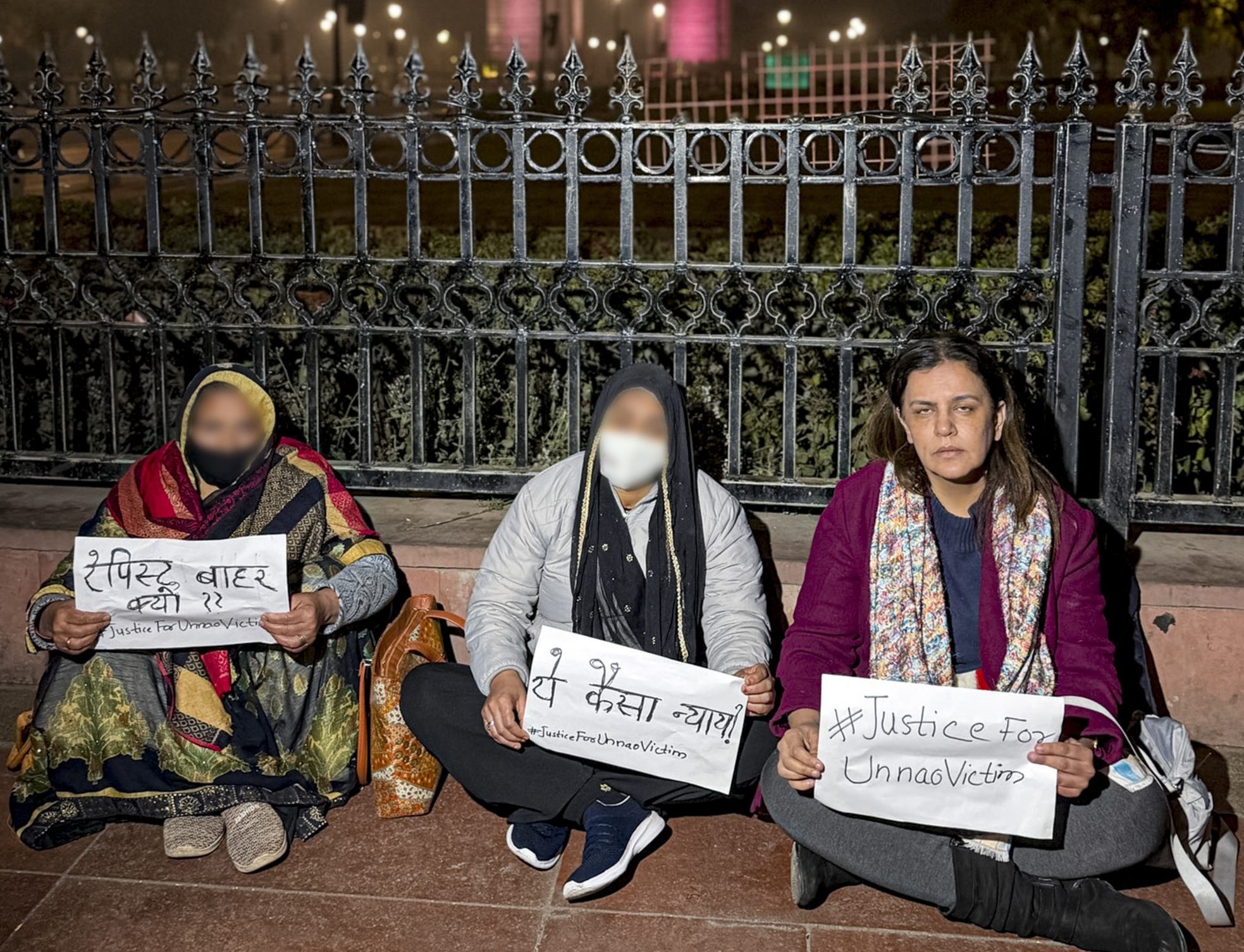The economic survey 2024 argues for greater working hours for lesser wages, reported The Scroll. According to this survey, the state should amend its existing labour laws, especially section 59 (1) of the Factories Act to remove the existing cap on the number of hours a worker can be made to perform overtime. The current law states that no worker can be made to work for more than 10.5 hours a day which includes overtime work. Time for rest, breaks and change of shifts makes up the total of these 10.5 hours. The survey argues that if workers work for 10.5 hours a week which is 12 hours more than what they work now i.e. 48 hours weekly they will be working 144 hours for twelve weeks in a quarter. The makers of the survey report argue that more working hours will allow more prosperity to the families of the workers and the nation.
However, it seems that the workers themselves do not subscribe to the arguments of the government. The KITU (Karnataka State IT/ITeS Employees Union) has launched protest marches and demonstrations against the amendment to the Karnataka Shops and Commercial Establishment Act, which has been proposed by the State Government Of Karnataka to boost investment in the electronics sectors.
On 3rd August 2024 the KITU members gathered at Freedom Park, Bengaluru and claimed, “We are workers, not your slaves” reported the News Minute. The demands of the trade union were very clear. The KITU representatives cited a study by the World Health Organisation (WHO) that states “Working 55 or more hours per week is associated with an estimated 35 per cent higher risk of a stroke and a 17 per cent higher risk of dying from ischemic heart disease, compared to working 35-40 hours a week.” They also pointed out that “over 45 per cent of the IT employees in India are facing depression, and that over 50 per cent workers have serious physical health issues.”
Rashmi Choudary the Vice President of KITU pointed out that the increase in working hours will disproportionately affect women IT workers. She said to The News Minute “If we are working for 14 hours and travelling for two or three hours, there is no time for us to upskill and prepare for promotions. They will then fire us and claim that it was because we did not upskill, when in reality they are responsible for this.” Women representatives of KITU have also pointed out that excessive amount of time given to travelling to workplaces and working would mean a lesser amount of time for themselves and their families, depriving them of the necessary time to take care of their children. This would lead to women employees opting out of work.
The Karnataka government has postponed discussions on the bill due to sustained agitations. However, it is worth noting that the Government made such a decision on the demands of the Board Of Directors Of Various Companies but did not feel the need to consult workers in the first place.
Modus operandi of the government-corporate nexus
Naomi Klein the renowned Canadian film-maker, writer and social activist argued that capitalism uses every crisis as a profit-extracting venture. The economic policies of the Indian state during and after the COVID-19 pandemic materialises her argument.

A study published in the International Journal of Economics in 2023 forecasted that unemployment figures during the COVID-19 pandemic swelled double from the pre-pandemic figures. Due to the increasing level of job losses due to the Government’s austerity measures the workforce has lost its bargaining power to negotiate better working conditions leaving them to brutal exploitation by the state. The state both at the federal and local levels has made it clear that workers should choose between debleating working conditions or no work.
The Working People’s Charter claimed in a declaration published in The Scroll that the Central Government’s labour laws since 2019 namely the Labour Code on Wages passed in 2019 and the three other codes Occupational Safety, Health and Working Conditions and Social Security and Industrial Relations were enacted by the Central Government in an extremely undemocratic manner without consulting the Indian Labour Conference. The Social Security Code has been criticised for its ambiguous definitions of wage ceiling, excluding personal residential construction workers from social security measures and excluding workplaces with less than 20 workers from the ambit of provident funds, this proves that the state has made it clear that it is going to prioritise profits over people.
While the Government’s skewed labour policies against the workers and its half-hearted implementation of existing policies have worsened the living conditions of the unskilled labour force the proceedings to amend the Karnataka Shops and Commercial Establishment Act gives a clear message that none other than the board of directors will benefit from the state’s economic and labour policies. The so-called middle class will equally suffer from neoliberalism like the working class.
The KITU representatives have asserted that a 14-hour working week would deprive them of the opportunity to look after themselves, their physical and emotional health, their families, their children and all those who are dependent on care. Thus the proposed legislation is one of those several practices by an increasingly cannibal form of capitalism as called by the Marxist feminist philosopher Nancy Fraser. This form of capitalism eats into the most intimate relationships of ordinary people by commodifying a huge chunk of their labour. It destroys the capacity of human communities to carry out all those essential tasks which are constantly undervalued under neoliberal capitalism like feeding children, nursing the elderly, taking rest, and socialising which are fundamentally essential for human life to sustain itself.
The situation of the IT workers in Karnataka tells us that the struggle isn’t confined and should not be confined to workplace demands rather it is a struggle for life and the conditions that make life possible.
What next?
The battle ahead remains difficult for the Indian working people. It is very unclear what steps the KITU has taken to transform their agitation against unjust working hours into a broader movement to achieve industrial democracy in which every decision affecting the workers will be taken in consultation with them. The KITU leadership is also yet to take any significant step towards establishing horizontal alliances with other trade unions, farmer unions, unions of domestic workers and Bahujan organisations.

Without an effective alliance, the KITU will remain an insignificant force by itself to pressurise the government both central and state to listen to its demands and change its policy direction. It also does not indicate any sustained agitation for more progressive labour laws to protect the workers. They are also ambiguous about the industrial action that needs to be taken to ensure that the Government does not ignore their protests.
International labour solidarity is a need of the hour. The Indian workers especially the IT employees who constitute a relatively affluent section of the workforce, connect themselves with other organisations globally that have been fighting for workers’ rights. In an international scenario, the tide is in favour of the working class. Globally the working class is bouncing back from the onslaught of neo-liberalism. Labour unions have significantly lost their membership. In the United States, only 10.1 per cent of the working class was a part of the unions and in the United Kingdom 22.3 per cent. Despite this, they have successfully resorted to strike action and had their demands met. Neoliberalism is a global problem and it cannot be solved without effective global mobilisation.
The future of thousands of IT workers relies on the ingenuity of the KITU leadership and the effectiveness of its strategies
About the author(s)
Rohin Sarkar (preferred pronouns: he/him) is an eighteen year old teenager obsessed with critical theory, Anarchist studies and Ambedkarite literature. His passion other than academics include poetry by Faiz Ahmed Faiz and Habib Jalib along with Anarchist punk by David Rovics. He also enjoys Oxford style and British Parliamentary debating because it enables him to speak his mind without fear of being censured. When not studying or debating he is chatting on politics with his friends either on WhatsApp or in the college premises.





